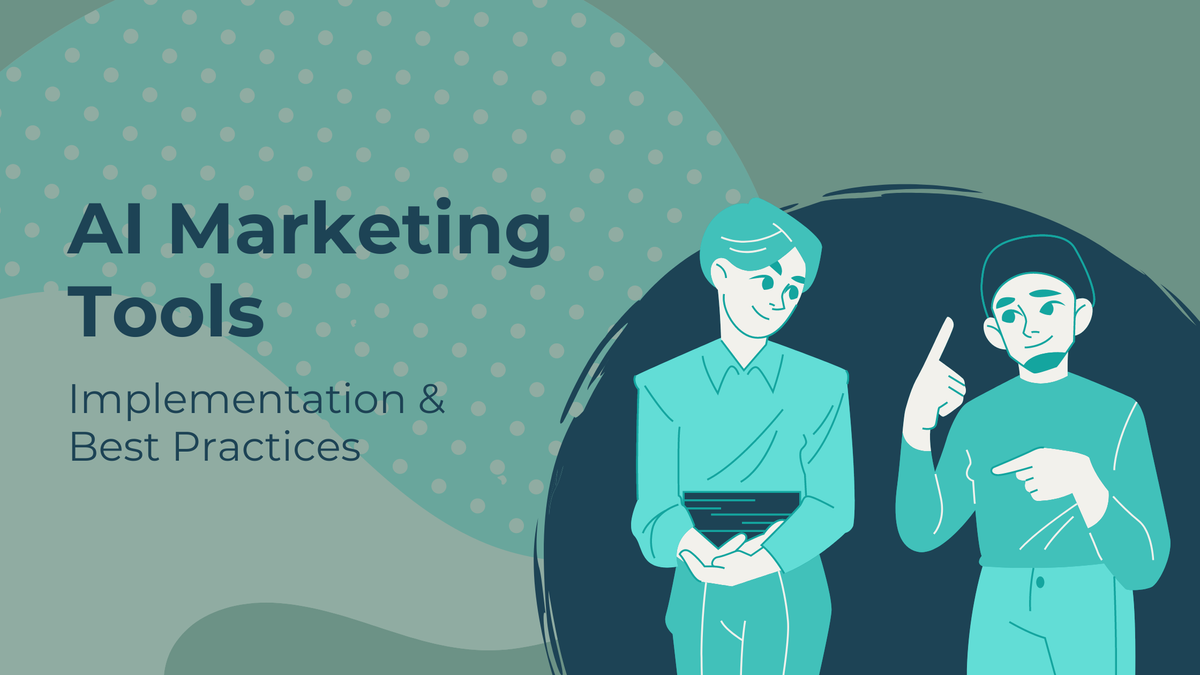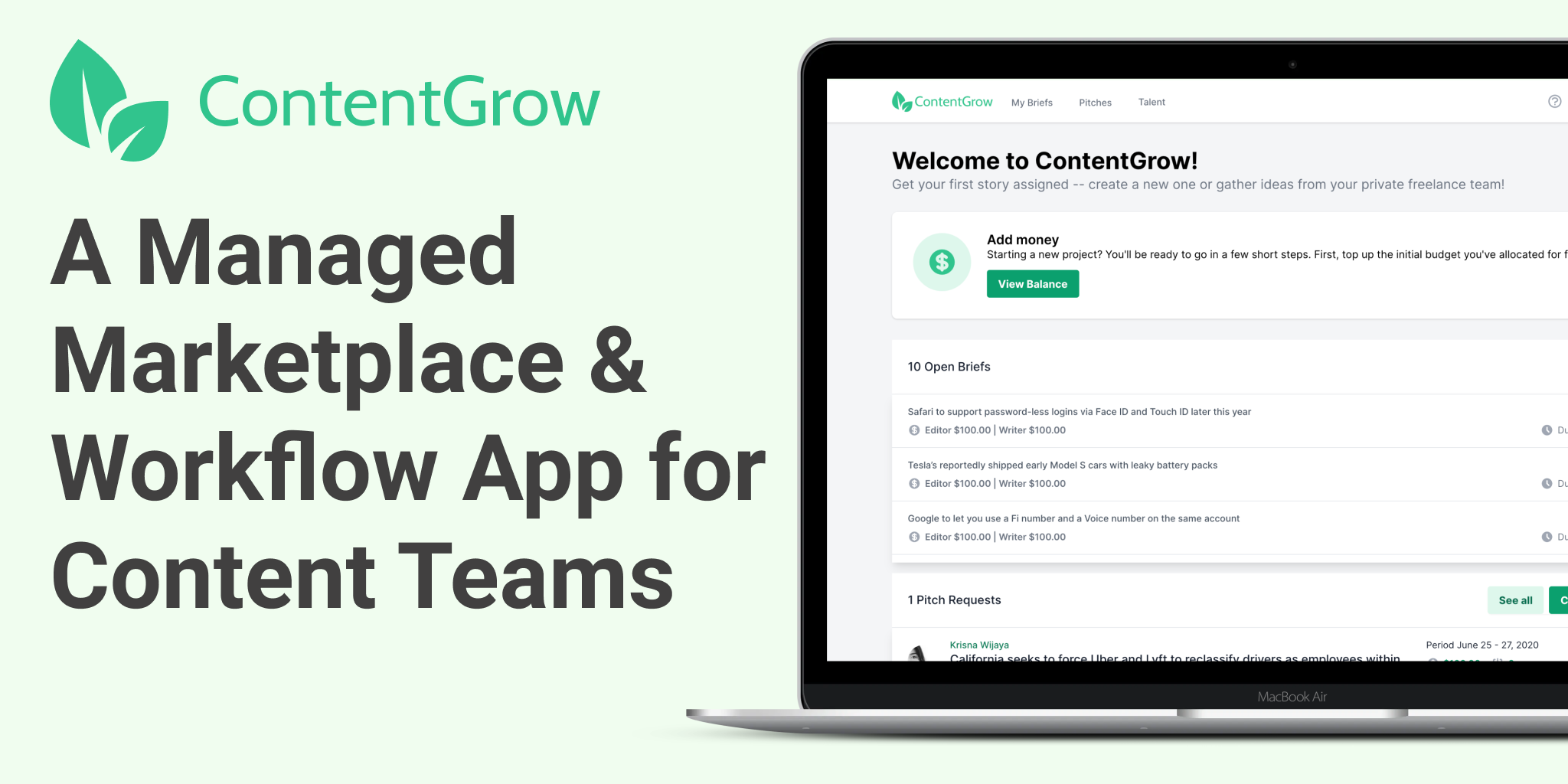Behind the scenes: how AI is shaping the future of creative agencies
AI's pivotal role in modern agencies: Streamlining tasks, enhancing creativity, and driving data-informed strategies

Agencies worldwide are integrating artificial intelligence (AI) into their operations, enhancing areas like content creation, task automation, and creative processes. This integration is set to bring significant benefits, such as improved efficiency, personalized content, and valuable data-driven insights, potentially transforming client and audience interactions.
In terms of its purpose, the role of AI in agencies is multifaceted. It streamlines time-consuming tasks, accelerates content creation, and provides data insights for informed decision-making. Additionally, AI aids in content moderation and brand safety, addressing the challenges posed by the vast amount of digital information. These benefits are driving an increasing number of agencies to adopt AI, highlighting its significant impact on agency operations and client relationships.
As of 2023, AgencyAnalytics reports that around 78% of agencies have incorporated AI tools into their operations, a figure expected to increase to 91% by 2024. The reasons for AI adoption vary, often linked to the specific needs of each agency. Larger agencies, managing over 100 clients, use AI for efficiency in content production and resource management. In contrast, smaller agencies, with fewer clients, leverage AI to streamline operations and enhance client communication.
The article will cover real examples of how agencies have already implemented AI into their management and services.
Content Collision
Content Collision (C2) is an Indonesia-based content marketing firm specializing in serving tech startups and VCs in Southeast Asia. To elevate their services, C2 has integrated AI tools into their content creation and daily operations.
For example, they utilize ContentGrow's Brief AI for assigning tasks to journalists and creating briefs for freelancers, significantly speeding up the process of generating briefs in various formats.
This case study shows how AI can streamline complex and time-consuming tasks in content marketing and PR. By automating the creation of detailed briefs, C2 can focus more on strategy and creative development, ensuring that their content is not only efficient but also of high quality and tailored to specific client needs. The use of AI in this context not only improves operational efficiency but also enhances the overall quality of content, demonstrating the versatile benefits of AI in the digital marketing and PR industry.
Publicis Production
Publicis Production's approach employs a unique approach to AI integration, focusing on industry-specific strategies.
They have developed AI solutions tailored to the distinct content needs of sectors such as Healthcare, Retail, and Consumer Packaged Goods (CPG). Their technology stack includes advanced production tools and AI-powered optimization and analysis tools like PX (in partnership with Adobe), DCE (in collaboration with Meta), and VAA, an AI content performance analyzer.
For example, when creating a diverse range of digital content for different markets, they can use PX for content customization, considering local languages, cultural nuances, and consumer preferences, while still maintaining its quality and consistency.
This case study demonstrates how AI can be strategically used to meet the specific requirements of different industries, leading to more effective and impactful campaigns.
Codelab303
Codelab303, a creative consultancy based in the United States, showcases innovative AI usage in agency services. Their method involves a thorough understanding of client needs, followed by the application of AI to manage time-intensive tasks.
The agency uses AI for various creative outputs, including writing, music, and visual arts. Collaborations with brands such as Ulta Beauty and Carvana illustrate how AI can enhance the creative process, improving efficiency without sacrificing output quality.
One example of how Codelab303 might utilize AI to manage time-intensive tasks is by employing AI-powered chatbots to provide personalized product recommendations and answer customer queries in real-time.
This case study highlights AI's potential to augment human creativity, handling technical content creation aspects while allowing human creators to focus on strategic and creative direction.
TBWA Worldwide
TBWA Worldwide, operating on a global scale, utilizes AI content generators to produce assets for clients such as Nissan and Corona. This global agency views AI as a catalyst in a creative revolution, inspiring new ways of thinking and executing projects.
The use of AI in TBWA's workflow streamlines the production of creative assets, enhancing efficiency and allowing for more time to be spent on refining and directing these assets to align with client goals.
In general, by implementing this approach, TBWA can automate asset creation, ensuring the ability to produce a variety of creative assets more quickly than would be possible manually.
This case study highlights the role of AI in transforming traditional creative processes, enabling agencies to meet the evolving demands of a dynamic market.

As this exploration of AI in agencies from around the globe shows, AI's role is increasingly central in driving innovation and efficiency in the marketing and PR sectors. From automating routine tasks to enhancing creative outputs, AI is proving to be a valuable asset for agencies of all sizes.
Looking ahead, the continued adoption and evolution of AI technologies are likely to further transform how agencies operate and interact with their clients, setting new standards for the industry.
Save time and money when producing high-quality bespoke content for your markets. ContentGrow helps marketing teams work with perfectly matched content creators at preferred rates. Sign up to get your campaign started or book a quick call with our team to learn more.




